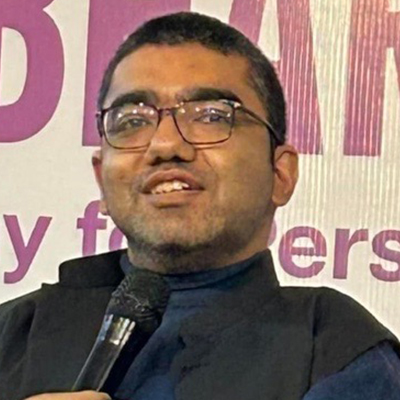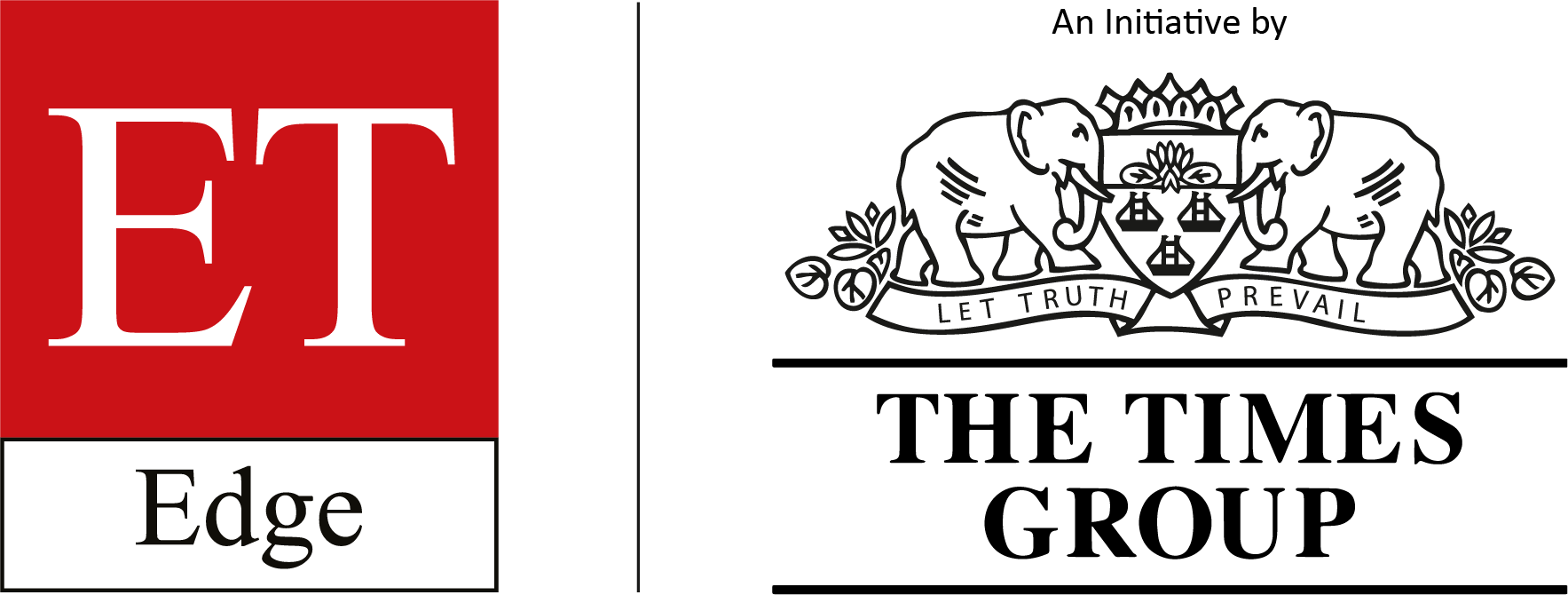
Nipun Malhotra
Co-Founder and CEO
Nipman Foundation
Nipun Malhotra is the Co-Founder and CEO of the Nipman Foundation that works in the areas of health and advocacy for Persons with Disabilities. He is a visiting Research Fellow at World Enabled, a Pineda Foundation initiative. He is the Founder Chair of the FICCI D&I Working Group on Empowering Persons with Disability and is on the board of Directors at Vishwas, a non-profit working on disability and development.
Nipun Malhotra is an External Expert at Boston Consulting Group, working with them to make corporate India inclusive towards Persons with Disabilities.
He is the former Chair of the Disability Sub-Committee, Niti Aayog Standing Committee of Civil Society organisations & development partners and is a member – National Institute of Urban Affairs (NIUA) Advisory Committee. He is also a former member of the CII National Committee on Special Abilities that promotes inclusion of Persons with Disabilities in the corporate sector.
Nipun is an alumnus of St. Stephen’s College, Delhi School of Economics and the Indian School of Business. He is a World Economic Forum Global Shaper, an honorary member of CII Young Indians and a part of the Kellogg Innovation Network. The Indian Red Cross Society recognized him with the ‘Social Entrepreneur’ Award in 2018. He was amongst 15 emerging leaders from India selected for the Australia India Youth Dialogue 2023.
Nipun has been at the forefront of numerous efforts to ensure access for the disabled. The wheelchair access filters in restaurant listings on Zomato, the availability of wheelchairs at the recent NH7 and the Jaipur Literature Festival, are some of the direct results. He has also lobbied with the Delhi Government to get the Disabled exempted from the Odd-Even car rule. He has audited the Rajghat, Tihar, Mandoli and Rohini Jails on behalf of the Delhi High Court in 2018 and Jammu & Kashmir High Court, District Court, Airports and various public buildings in 2019 on behalf of the Hon’ble Chief Justice of Jammu & Kashmir High Court. He has worked with the CISF to ease security procedures for Persons with Disabilities at airports. He has also been lobbying with the Home Ministry for legal recognition of the Indian Sign Language as the 23rd language in the Constitution of India and the CBFC for compulsory inclusion of audio description and subtitles in movies to make them accessible for all. He has defeated the Delhi government in the Hon’ble Supreme Court via a PIL on the procurement of accessible public transport. This judgement is changing the game for public transportation across the country.
He is the Curator of the Nipman Foundation Microsoft Equal Opportunity Awards that recognize organizations and individuals making significant contributions to Persons with Disabilities in their workspace and lifestyles.
He is the founder of ‘Wheels for Life’ (www.wheelsforlife.in) - a crowdsourcing platform connecting those who need wheelchairs to donors who can financially contribute for them. With a presence in twenty-five states, ‘Wheels For Life’ has impacted close to 2000 lives.
During the Covid – 19 lockdown, he launched a volunteer led initiative called “Project Delhi” to deliver groceries to Persons with Disabilities. This initiative has impacted 2,100+ lives.
An avid tweeter, Nipun writes regularly on Disability issues. His memoir “No muscle, full hustle” is scheduled to be published by Westland Books later this year. His writings have appeared on Scroll.in, the Indian Express, NDTV Blogs, The Print, The Quint, The Hindu inter alia. He has also authored a comic titled ‘No red card for the disabled’.
Nipun was born with Arthrogryposis, a rare congenital disorder. He is a wheelchair user.
